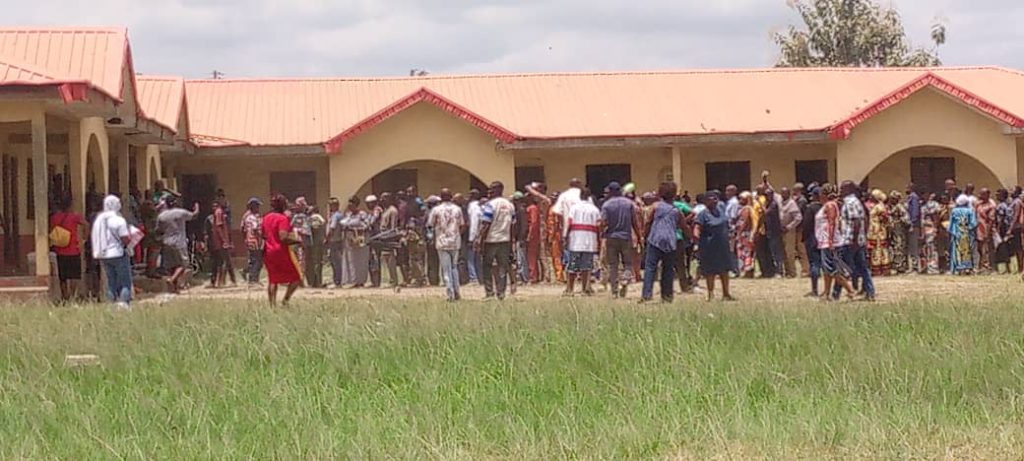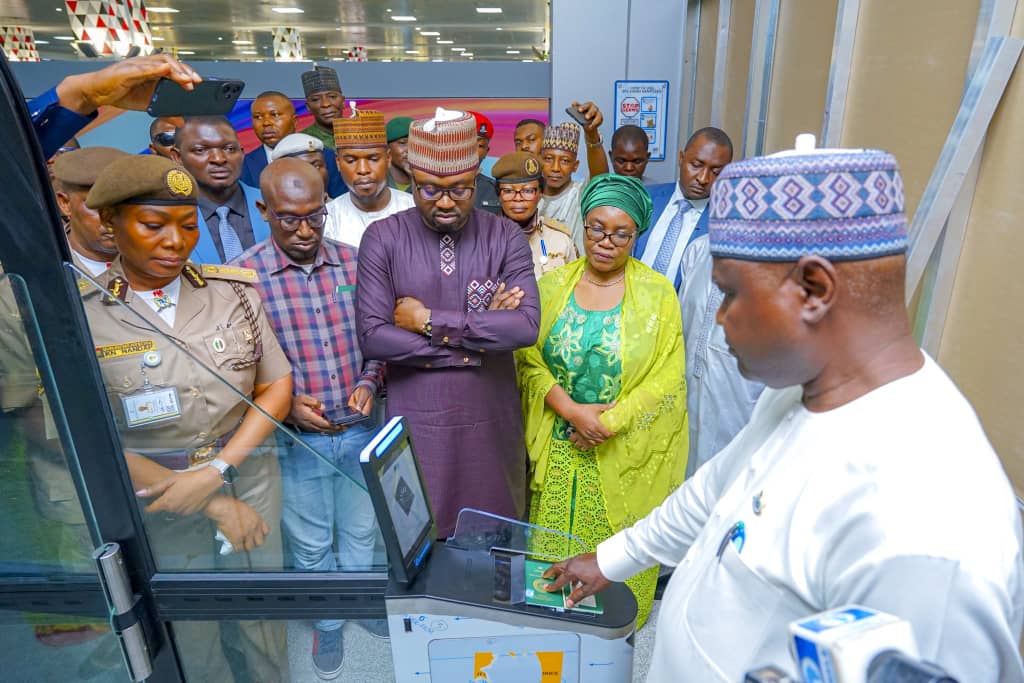‘Nigeria needs macroeconomic policies to drive Agricbusiness’
By Francis Akinnodi
|
Stakeholders in the economic sector have called for inclusiveness in the nation’s agribusiness, to deepen the gains inherent in the sector.
The stakeholders stated this during an ‘inclusive agribusiness club meeting’ organised by the Institute of Agribusiness Management of Nigeria in conjunction with 2scale program monitored by The Hope on a national television.
Team Leader, Olitsa Maxwell said that to have a robust and inclusive agribusiness, there is need to ensure growth at the grassroots levels.
According to Maxwell, inclusive agribusiness is about deliberately shaping the core business processes and values of food production, so that they address the needs of small holder farmers.
“Agribusiness deals with businesses involving food and fiber production (including farming). Hence, agriculture starts with the grassroot farmers but majority of these wealth are not found in the grassroots.
“An adaptable and resilient food system requires a more competitive, coordinated and inclusive grassroots network built around small holder farmers.
“We urgently need to build macroeconomic policies to drive agribusiness, because as we know agribusiness is connected to the growth of the overall economy.
For him, factors including insecurity, government policies and influence of imported agricultural system pose a major threat to agribusiness in Nigeria.
In her remarks, Program director, 2Scale, Marina Diboma said that the 2SCALE is designed to incubate and accelerate inclusive business development in African agri-food systems while improving food and nutrition security, both at grassroots level and at the consumer end of the value chain by serving local and regional markets.
She said, “2SCALE works together with companies and producer organizations to develop business models and partnership models that promote inclusiveness, develop competitive edge, and have potential for scaling.
These partnerships, also referred to as public-private partnerships (PPPs)’, are the core implementation modality to achieve the objectives of thé program.
“In the first and second phase of the program, with the first being our proof of concept phase, the program supported and carried out its implementation with agribusiness champions in over 20 states in four food sectors.
“These include; staples sector with Psaltry International in Oyo state, MIVA rice company in Benue state, Cassava with Psaltry international is one of the largest cassava processors in Nigeria. 2SCALE supported this female led company to integrate over 10,000 small holder farmers into the supply chain.
“In Dairy and Animal protein sector: we have supported Friesland Campina Wamco, one of the largest dairy in Nigeria to include about 10,000 small holder farmers Fulani milk pastoralists in their inclusive agribusiness idea.
This business idea of FCW was developed to improve local sourcing of milk at the same time as developing dairy business and practices in Nigeria. We are currently replicating this with Nestle Nigeria.
She added that in the oil seed sector, 2SCALE is working with Okomu oil company in the oil palm sector, Ladi and Lawani food in the groundnut sector and Kwara youths in the soybean sector to connect farmers to the market and to build inclusive business.










